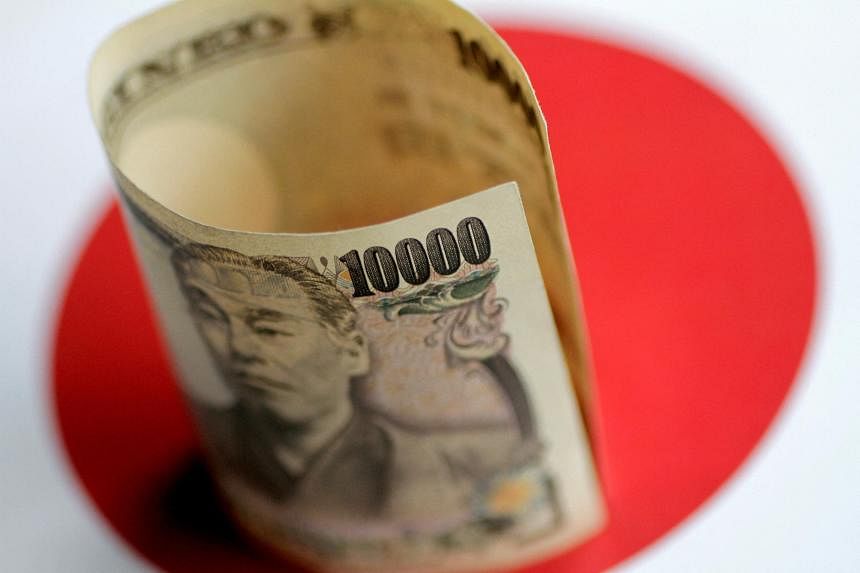SINGAPORE - The yen dived sharply against major currencies on Wednesday after the Bank of Japan (BOJ) maintained ultra-low interest rates, disappointing some investors who had hoped the central bank would relax its bond yield curve control (YCC) policy further.
The central bank stunned the market in December by raising its cap on the 10-year yield to 0.5 per cent from 0.25 per cent, doubling the band it would permit above or below its target of zero. Since then, speculation had swirled that the BOJ could tweak its YCC policy further or even scrap it.
But at a two-day policy meeting, the BOJ kept intact its YCC targets, set at -0.1 per cent for short-term interest rates and around 0 per cent for the 10-year yield, by a unanimous vote. It also made no change to its guidance that allows the 10-year bond yield to move 50 basis points either side of its 0 per cent target.
As a result, the yen suffered broad losses, with the Japanese currency down 2.3 per cent against the US dollar and set for its worst day since March 2020. The US dollar was last up 2.42 per cent at 131.22 yen.
The euro gained 2 per cent to 141.1 yen, and the pound rose by more than 2 per cent to 160.71 yen.
The Australian dollar gained 2.2 per cent to the yen and the Singapore dollar rose 1.9 per cent.
“The can has been kicked down the road and the attention will shift to the next meeting,” said currency strategist Moh Siong Sim at Bank of Singapore. “It’s a question of when, not if.”
Some investors have been betting the BOJ would be forced to adjust, or even dismantle, YCC on the view that the central bank cannot sustain the massive volume of bond buying needed to defend the cap.
On Wednesday, Japanese government bond yields tumbled the most in a decade, retreating sharply from the central bank’s 0.5 per cent ceiling after the decision. The 10-year yield has repeatedly breached the ceiling in the past four sessions.
“Speculators are likely to increase their hawkish bets on a policy shift from the BOJ,” said market analyst Anderson Alves at ActivTrades. “Today’s policy price action shows that the current framework could fuel another unwelcome plunge for the yen that could inflate the cost of raw material imports.”
The US dollar index, which measures the safe-haven dollar against six peers, rose 0.42 per cent at 102.810, its biggest one-day percentage jump since Jan 5. REUTERS

